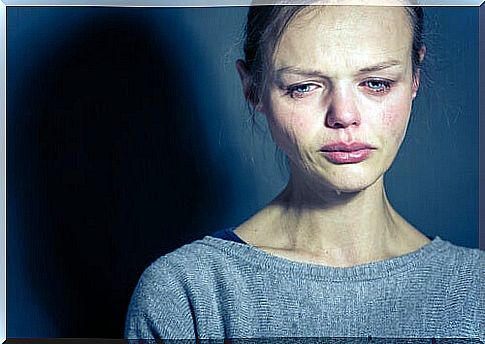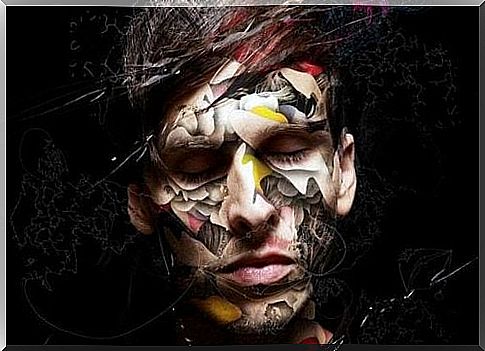Suffering Is The Cause Of Mental Disorders

There are a wide variety of mental disorders, and each one is characterized by different causes, symptoms, and possible treatments. In general, one speaks of a mental disorder when there is a pathological alteration of thinking and perception. There is a close connection between thinking and perception, emotions, behavior and relationships with others. We would also like to mention that the incidence of mental disorders is increasing worldwide. This has significant implications for human well-being, but it also has serious consequences on a socio-economic level and in terms of human rights. And that applies to all countries.
Many mental disorders are rooted in suffering. In the narrower sense in the meaning we give to suffering. This knowledge is even the basis of a separate psychological technique called logotherapy. It focuses on the meaning of human existence and the individual’s search for it. For the World Health Organization (WHO), causal treatments for mental disorders are those that alleviate the suffering they cause. Logotherapy can be added to these, but there are also many other approaches to get to the root of mental disorders.
“The pain is the feeling. The suffering is the effect that the pain has. If you can endure the pain, you can live without suffering. If you can get through the pain, you can get through anything. If you can learn to control pain, you can learn to control yourself. “
James Fray
Who is at greatest risk of developing a mental disorder?
We understand mental health as a harmonized way of identifying with yourself and with others. Examples of this are maintaining an adequate quality of life and making enriching social contacts. It doesn’t matter what time of year we are or what the expectations of the individual are.
But our sanity is not guaranteed and one in four people will develop a mental disorder in their lifetime. Life brings difficulties, and we respond to situations that arise as a result of those difficulties and which are often beyond our control. But we shouldn’t see the feelings that arise as something pathological. It can only be called a disease if it lasts for an excessively long time or is extremely intense and permanently diminishes our quality of life.

But factors that influence mental health and promote or inhibit the development of mental disorders are not limited to events in the outside world. They also include our ability to process our thoughts, emotions, behavior and our interactions with other people. In addition, there are social, cultural, political, economic and environmental factors. We think of working conditions and the support we get from our environment, social security, which is also conveyed to us politically, stress, status issues and financial worries as well as our physical health.
How are mental disorders and suffering related?
The decline in mental health is especially difficult for the patient to endure when it is the result of suffering. When this suffering changes the way the person lives, perceives their environment and understands relationships.
Well, there are diseases that occur with the same frequency in almost every ethnic group and in every country. On the other hand, there are diseases that have specific, regionally determined causes. This applies to many mental disorders, although in certain geographical areas there may be a genetic predisposition to such diseases, but the number of diseases more often reflects the influence of society. And the source of the aforementioned suffering can be precisely these biological and social factors.

We should bear in mind that every person can get into unfavorable circumstances and this spiral of suffering, pain and mental illness at any moment of their life. But there are many factors that can affect whether or not someone actually develops mental illness. What all these diseases have in common is that it is suffering that ultimately triggers the disease.
“The psychological pain is less dramatic than the physical pain. But it occurs more frequently and is more difficult to bear. “
CS Lewis









